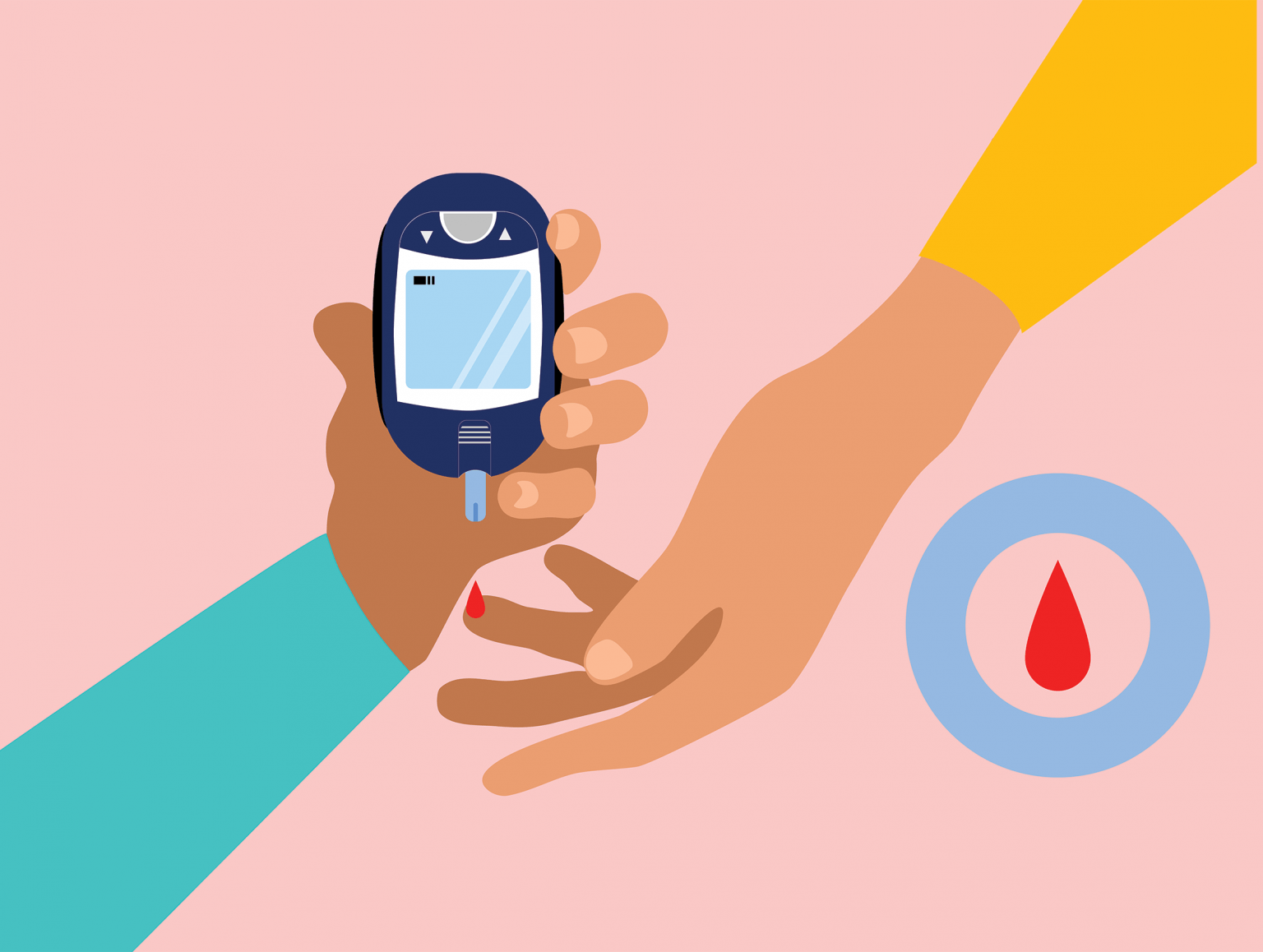Everything You Need to Know About Diabetes
Diabetes mellitus, commonly referred to as diabetes, is a chronic health condition that affects millions of individuals worldwide. It arises when the body’s ability to produce or respond to insulin—which plays a critical role in regulating blood sugar levels—is impaired. This article aims to provide a comprehensive overview of diabetes, its types, symptoms, risk factors, and management strategies.
Understanding Diabetes
Diabetes can be broadly categorized into two main types: Type 1 and Type 2 diabetes.
Type 1 Diabetes
Type 1 diabetes is an autoimmune condition that typically manifests in childhood or early adulthood. In this form of diabetes, the immune system mistakenly attacks and destroys the insulin-producing beta cells in the pancreas, leading to little or no insulin production. Individuals with Type 1 diabetes require lifelong insulin therapy to manage their blood glucose levels.
Type 2 Diabetes
Type 2 diabetes is the more prevalent form of the disease, accounting for approximately 90% of all diabetes cases. It usually develops in adulthood but is increasingly being diagnosed in children and adolescents due to rising obesity rates. In Type 2 diabetes, the body either becomes resistant to insulin or does not produce enough insulin to maintain normal glucose levels. Lifestyle factors, such as diet, physical activity, and weight management, play a significant role in its development and management.

Common Symptoms
Both types of diabetes share several symptoms, which can include:
- Increased thirst
- Frequent urination
- Extreme fatigue
- Blurred vision
- Slow-healing sores or frequent infections
- Unexplained weight loss (more common in Type 1)
Recognizing these symptoms early can be crucial for effective management and preventing complications associated with diabetes.
Risk Factors
Understanding the risk factors associated with diabetes is vital for prevention and early intervention. Key risk factors include:
- Genetics: A family history of diabetes can increase one’s risk.
- Obesity: Excess body weight, particularly around the abdomen, is a significant contributor to Type 2 diabetes.
- Sedentary Lifestyle: Lack of physical activity contributes to overweight and obesity, impacting insulin sensitivity.
- Age: The risk of Type 2 diabetes increases with age, especially after 45.
- Unhealthy Diet: A diet high in refined sugars and unhealthy fats can lead to insulin resistance.
Management and Treatment
Effective management of diabetes hinges on a combination of lifestyle changes and medical interventions.
Lifestyle Modifications
- Healthy Eating: A balanced diet rich in whole grains, fruits, vegetables, lean proteins, and healthy fats can help regulate blood sugar levels. Individuals with diabetes should focus on portion control and carbohydrate counting.
- Regular Exercise: Engaging in regular physical activity can improve insulin sensitivity, aid in weight loss, and reduce blood sugar levels. Aim for at least 150 minutes of moderate aerobic activity each week.
- Monitoring Blood Sugar: Routine monitoring of blood glucose levels is crucial for understanding how different foods, activities, and medications affect individual health.
Medical Treatments
For Type 1 diabetes, insulin therapy is necessary and can be administered through injections or insulin pumps. Type 2 diabetes may be managed through oral medications, insulin, or other injectable medications, alongside lifestyle interventions.
Conclusion